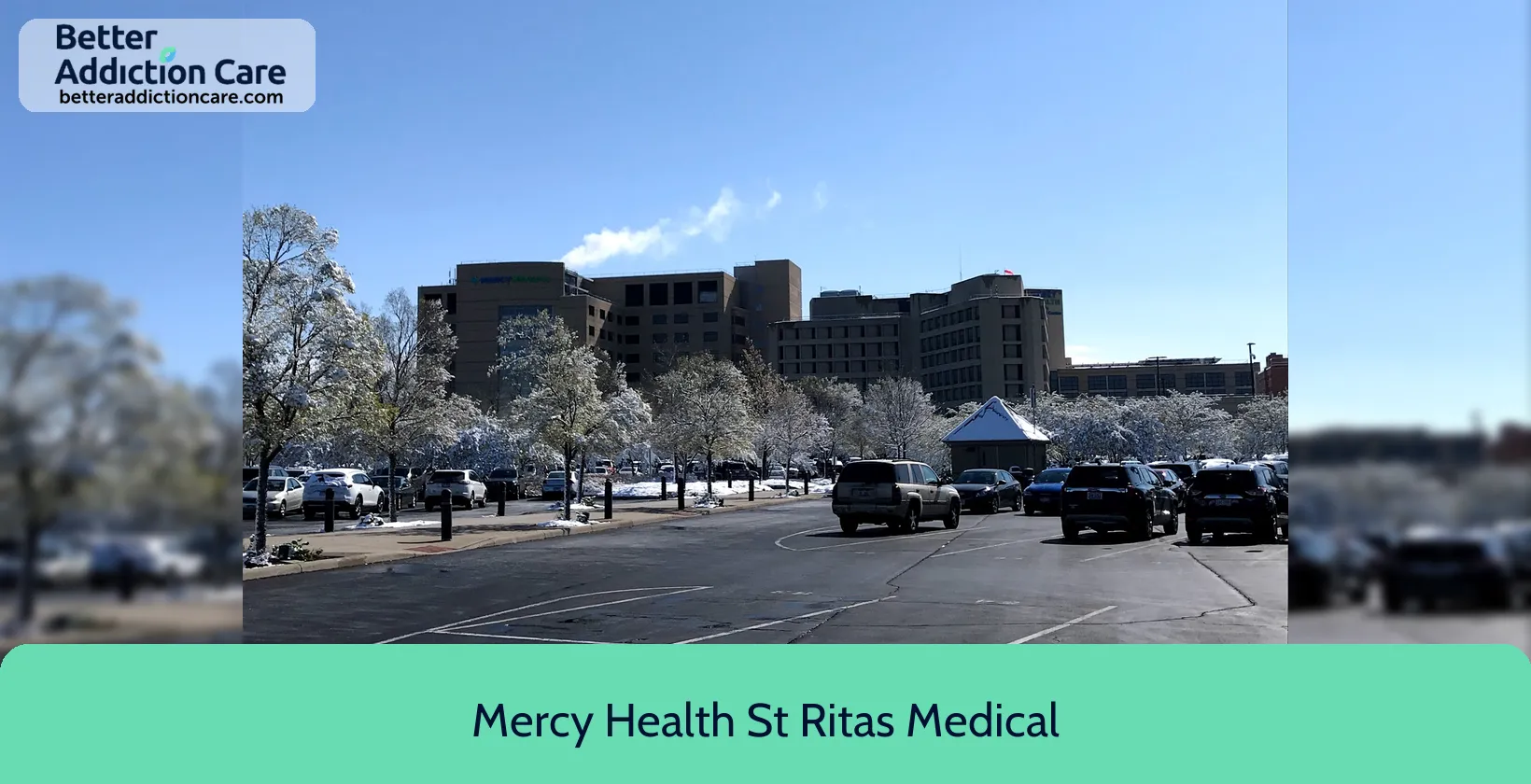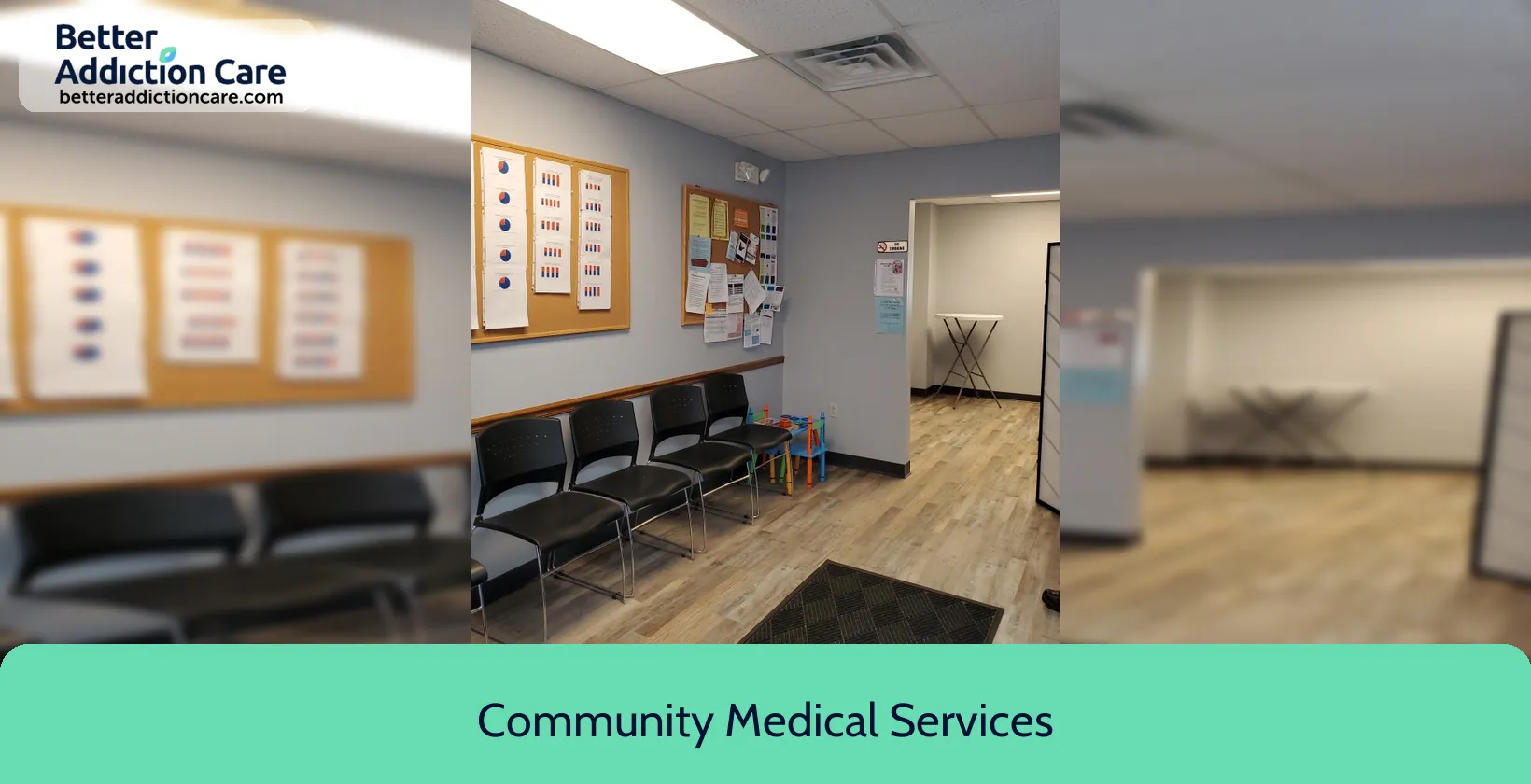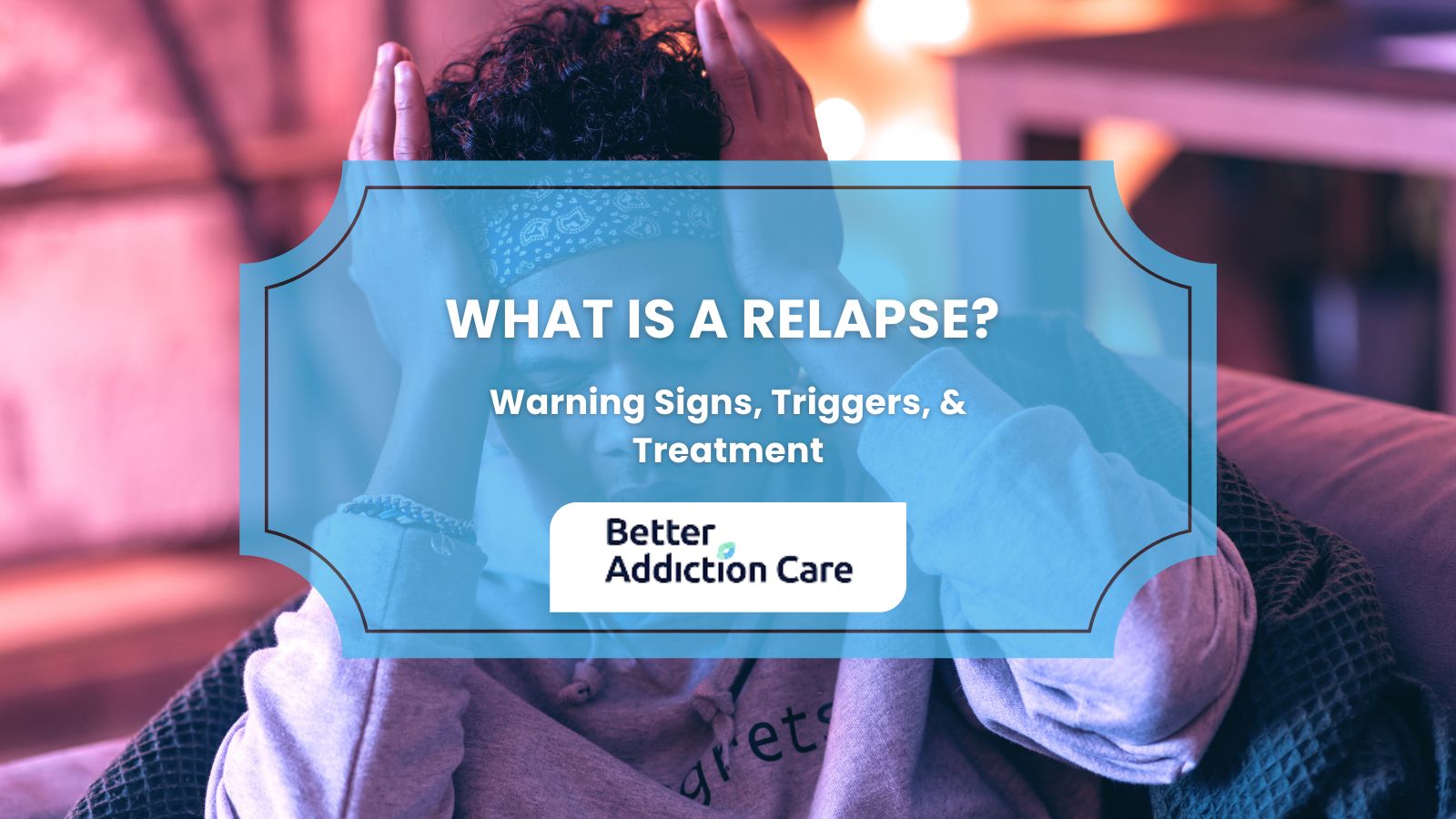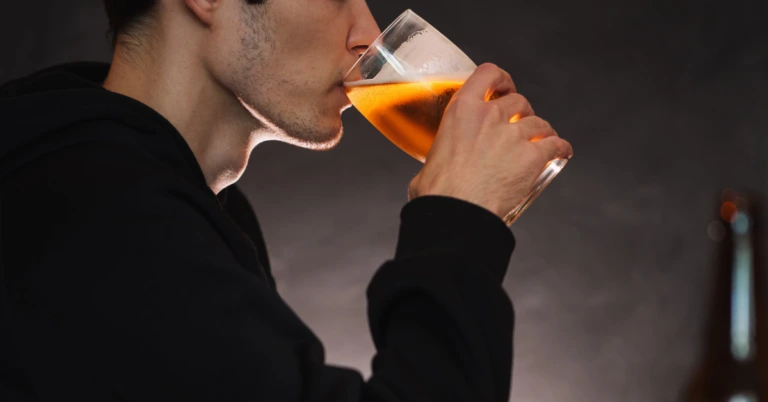The best rehab is the one that fits your needs. Our team evaluated 8 drug and alcohol rehab centers in Lima, Ohio, identifying top-rated facilities offering detox, inpatient, and outpatient treatment. Insurance often covers addiction treatment, making quality care more accessible.
Why Trust Our Better Addiction Care, drug and alcohol rehab directory?
We provide unbiased, research-backed information to help you find the right treatment. Our independent approach ensures accurate provider details, backed by years of experience in addiction recovery resources. We’ve helped millions of individuals and families navigate their recovery journey.
8 Treatment Centers in Lima, OH

6.76

6.71

7.42

6.62

6.68

7.19

6.56

6.68



